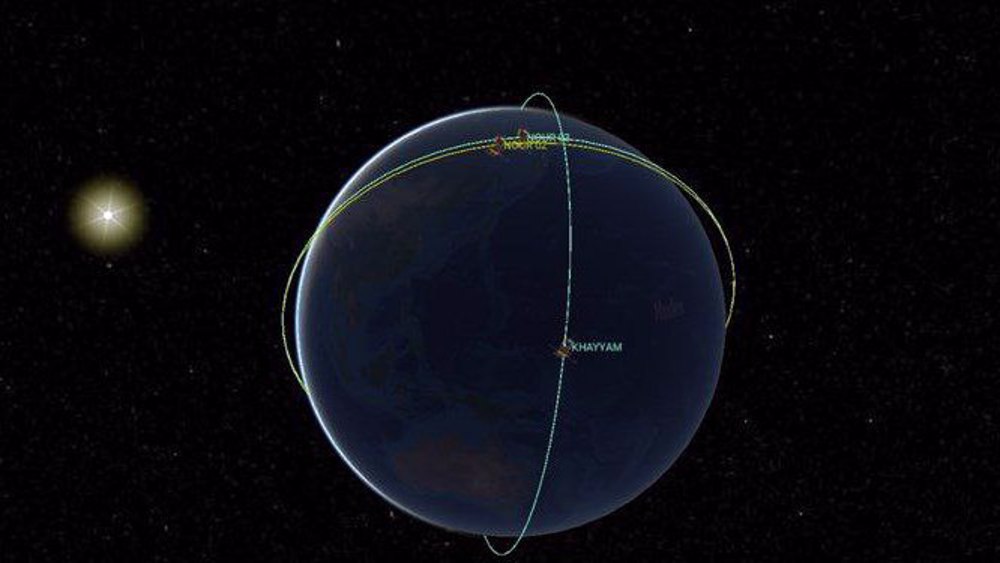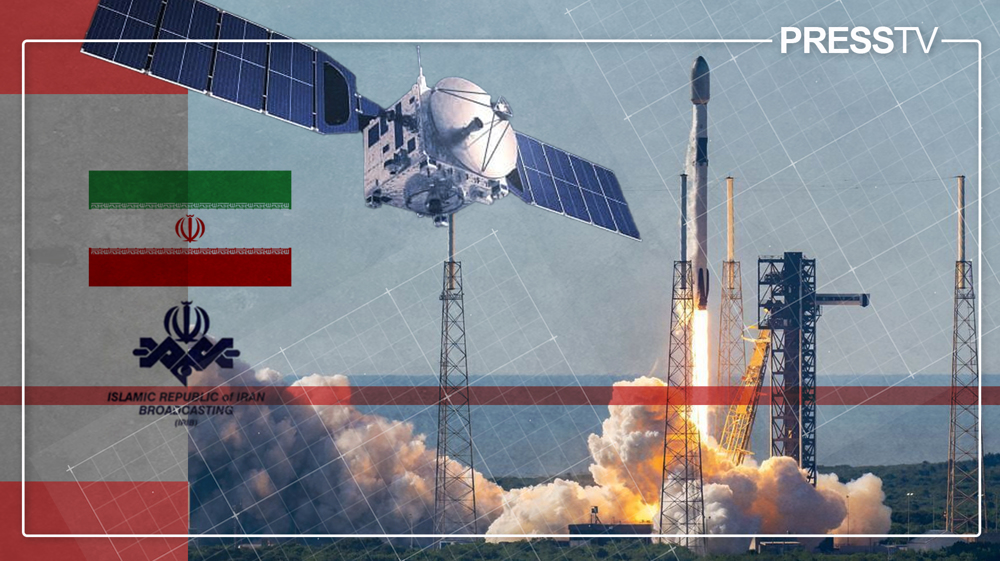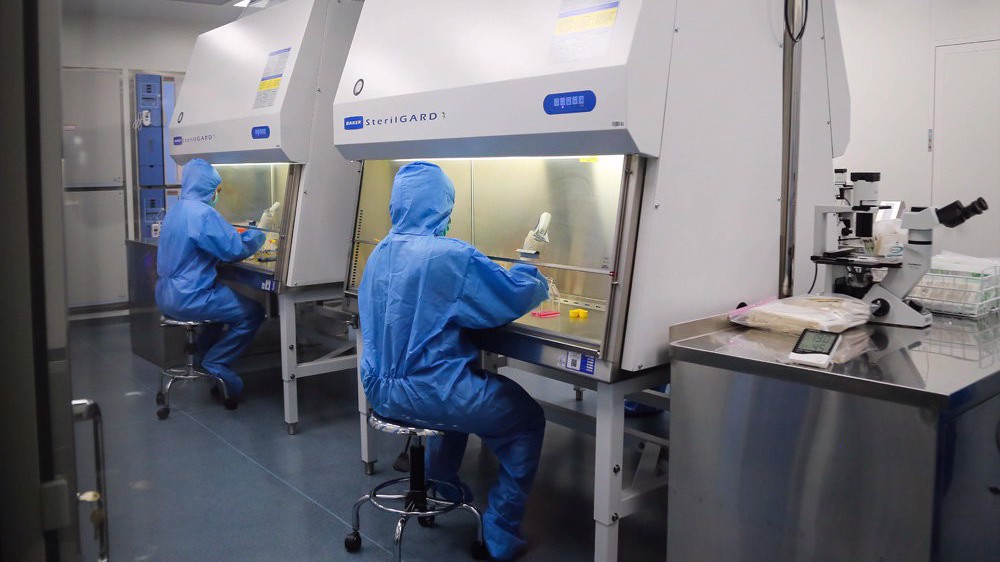Iran sends into space biological capsule aboard indigenous launcher
Iran has successfully put into orbit its newest bio-space capsule with the domestically-built Salman launcher.
The 500-kilogram capsule, developed by the Aerospace Research Institute of Iran, affiliated to the Ministry of Science, Research and Technology, was launched to an altitude of 130 kilometers from the Earth's surface on Wednesday.
The launch is a step to send humans into space in line with the Iranian government’s plan to revive various sectors of the space industry and consolidate bio-space knowledge.
It was a test for space technologies in the areas of launch, recovery and speed control systems, as well as impact shields, capsule aerodynamic design, and the systems related to control and monitoring of biological conditions.
Salman launcher is manufactured by the Aerospace Industries Organization, a subsidiary of the Iranian Defense Ministry. It is capable of launching bio-capsules weighing 500 kilograms.
Spokesman for the Iranian Space Agency said the 13th government of the Islamic Republic has practically revived the bio-space.
Hossein Dalirian said several bio-capsules systems were tested for the first time, and that the launcher, which was the first version, “performed very well” its the first launch.
He said Salman launcher achieved great success in its first try and carried the 500-kilogram capsule in very good condition.
“This capsule is the result of relying on domestic power and the efforts of space industry experts in the Ministry of Defense.”
Despite sanctions imposed by Western countries in recent years, Iran has managed to take giant strides in its civilian space program.
Iran sent its first bio-capsule containing living creatures into space in February 2010, using a Kavoshgar (Explorer) carrier.
Speaking to Fars news agency, Iran’s telecoms minister Issa Zarepour said Tehran will soon conduct suborbital tests of the new generation of bio-capsules, hoping that they will bring the country closer to its space goals.
The capsule launched on Wednesday “is about half a ton and has the ability to carry a human, but its suborbital tests are underway,” he added.
“It should be taken into account that we are still 5 to 6 years away from reaching the point where we can send humans into space.”
Zarepour also noted that the Islamic Republic is trying to revitalize works in the field of launching biological capsules after a 10-year closure.
Iran is among the top 10 countries leading the space industry and among the 7 leading the bio-space.
VIDEO | Ramadan begins in France amid optimism, challenges
Hamas: Huckabee’s remarks expose ‘American bias towards Zionist domination, annexation’
‘We will not bow to pressure or coercion’: President Pezeshkian
Trump raises global tariffs to 15%, calls Supreme Court ruling ‘ridiculous’
IRGC Navy tests Sayyad-3G air defense missile in Strait of Hormuz
Iran labels EU naval, air forces as ‘terrorist’ in response to IRGC listing
ICE quietly buys warehouses for major detention expansion
Family of US citizen killed by Israeli settler demands end to impunity










 This makes it easy to access the Press TV website
This makes it easy to access the Press TV website